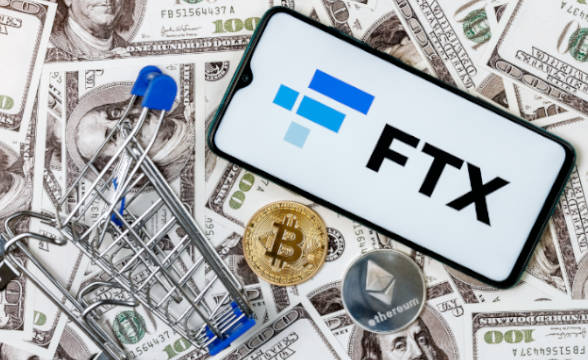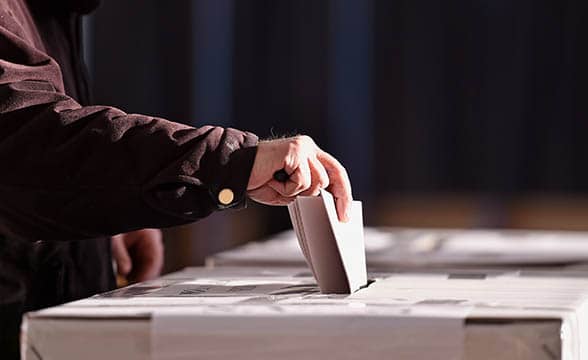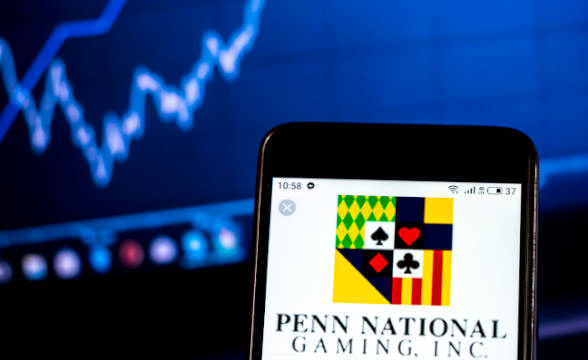JPMorgan Chase Settles Nearly $1B for Spoofing Allegations

JPMorgan Chase agreed to settle investigations into its trading practices by US authorities, as stipulated by three unnamed people with knowledge in the matter cited by Bloomberg. The investment bank accepted a record $920 million penalty for its manipulation tactics in trading metal futures and treasury securities.
The Most Expensive Spoofing to Date
Market manipulation sometimes comes with a steep price tag, in the case of JPMorgan Chase, close to $1 billion. The record penalty which could be officially announced next week is a settlement for alleged spoofing with the Commodities Futures Trading Commission (CFTC) and the Securities and Exchange Commission (SEC). The investment bank will pay the mammoth fee to end the probe into allegations that traders from the precious metals and treasuries desks rigged markets.
Spoofing is an illegal practice of placing a high volume of orders without the intent to execute on them, thus moving the market in a certain direction. By creating a false demand or supply, spoofing is tricking other market participants into believing the price will move in the desired direction. The imposed financial sanction will dwarf any spoofing-related sanctions so far, as it is comparable to the sanctions imposed for the manipulation of foreign exchange markets and rigging benchmark interest rates.
These manipulation tactics have been targeted by prosecutors and regulators only recently after it had been specifically prohibited through the Dodd-Frank Act. There is a fine line between placing and removing orders and doing that with the purpose to trick other traders, and authorities are concerned the electronic trading allows market participants to place a high number of computer algorithm-generated bogus orders. Prosecutors had their hands untied after a court ruling last year which allowed them to scrutinize trading going back a decade.
Running an Enterprise Within the Bank
According to the prosecutors in the JPMorgan case, its precious metals desk was described as running an illicit enterprise for almost a decade, hence it is still unclear whether the bank would have to face additional penalties in court, despite previous spoofing cases being resolved without banks or firms having to plead guilty to criminal charges.
The investigation into the bank’s trading of treasury securities and futures followed a criminal charge raised against its former head of precious metals desk, Michael Nowak, and several other traders. They all pleaded not guilty but two of their former colleagues pleaded guilty to conspiracy claims and started cooperating. JPMorgan disclosed the separate investigation into its trading practices earlier this year, stating it was cooperating with the authorities.
The $920 million settlement consists of a $436.4 million fine, $311.7 million in restitution, and $172 million in disgorgement, but will not include any restrictions on the bank’s business practices, according to people familiar with the negotiations. The bank would admit to wrongdoing, and it will not be for the first time.
In 2015, a $550 million fine was imposed on JPMorgan Chase, when it pleaded guilty to an antitrust charge for manipulating currencies and paid the sanction to the Justice Department, as well as other penalties to regulators.
Mike made his mark on the industry at a young age as a consultant to companies that would grow to become regulators. Now he dedicates his weekdays to his new project a the lead editor of GamblingNews.com, aiming to educate the masses on the latest developments in the gambling circuit.







